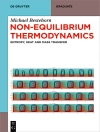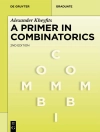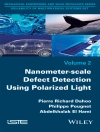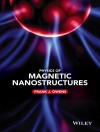This book revisits the long-standing puzzle of cross-scale energy transfer and dissipation in plasma turbulence and introduces new perspectives based on both magnetohydrodynamic (MHD) and Vlasov models. The classical energy cascade scenario is key in explaining the heating of corona and solar wind. By employing a high-resolution hybrid (compact finite difference & WENO) scheme, the book studies the features of compressible MHD cascade in detail, for example, in order to approximate a real plasma cascade as “Kolmogorov-like” and to understand features that go beyond the usual simplified theories based on incompressible models. When approaching kinetic scales where plasma effects must be considered, it uses an elementary analysis of the Vlasov–Maxwell equations to help identify the channels through which energy transfer must be dissipated. In addition, it shows that the pressure–strain interaction is of great significance in producing internal energy. This analysis, in contrast to many other recent studies, does not make assumptions about wave-modes, instability or other specific mechanisms responsible for the dynamics – the results are direct consequences of the Vlasov–Maxwell system of equations. This is an important step toward understanding dissipation in turbulent collisionless plasma in space and astrophysics.
İçerik tablosu
Introduction.- Elements of Plasma Physics.- Numerical Algorithm for Compressible Magnetohydrodynamic Turbulence.- Energy Cascade in Compressible Magnetohydrodynamic Turbulence.- Energy Transfer and Dissipation in Collisionless Plasma Turbulence.- Discussion and Conclusions.
Yazar hakkında
Yan Yang
Degree:
Doctor of Natural Science, Peking University












